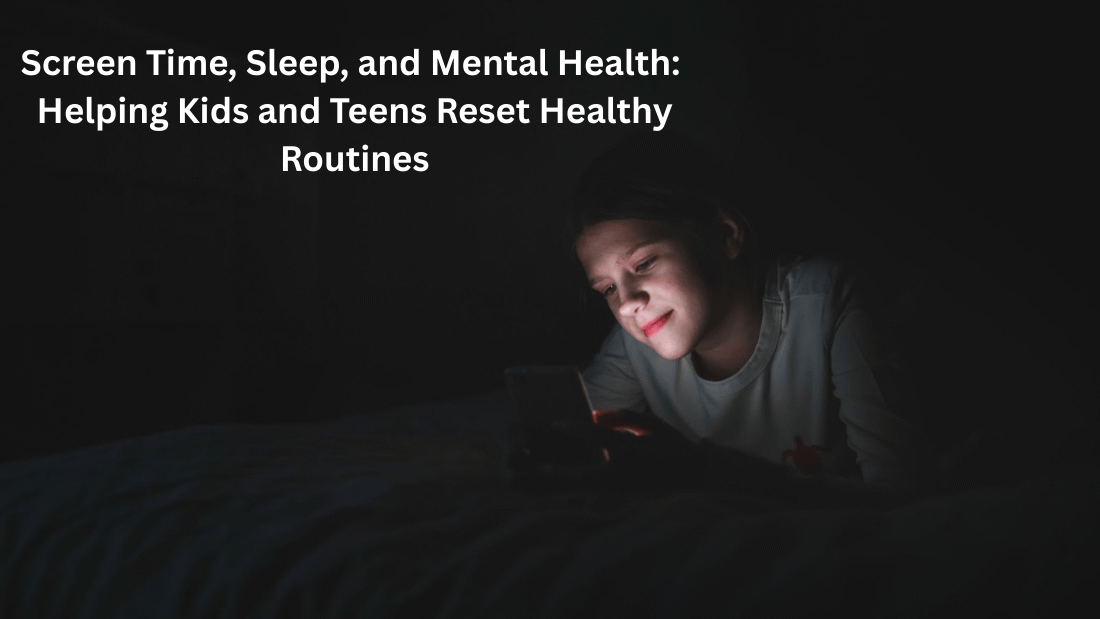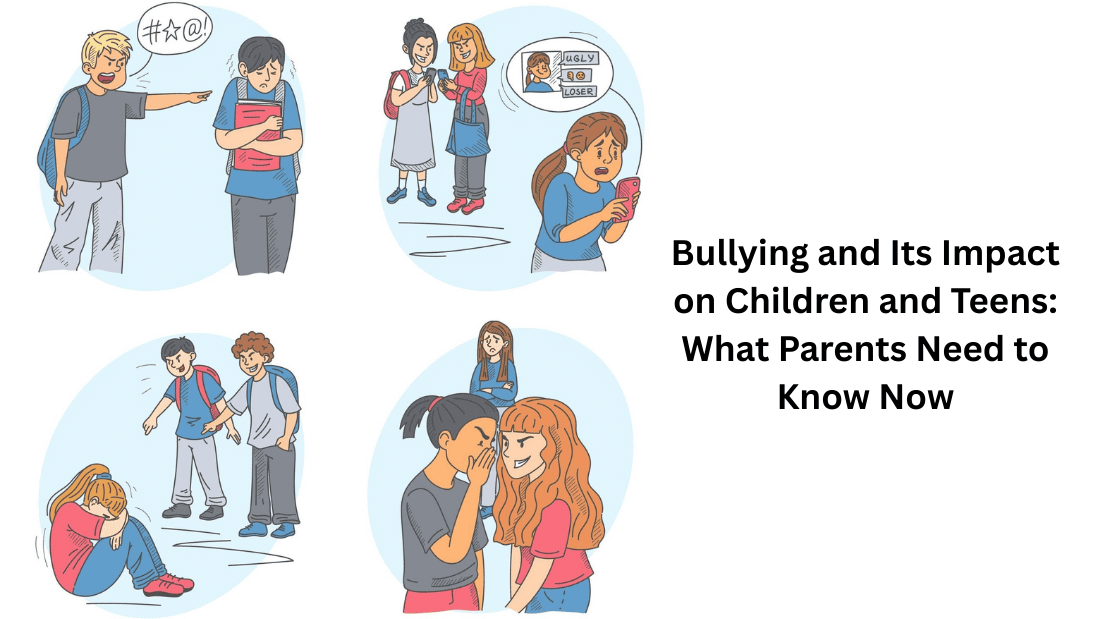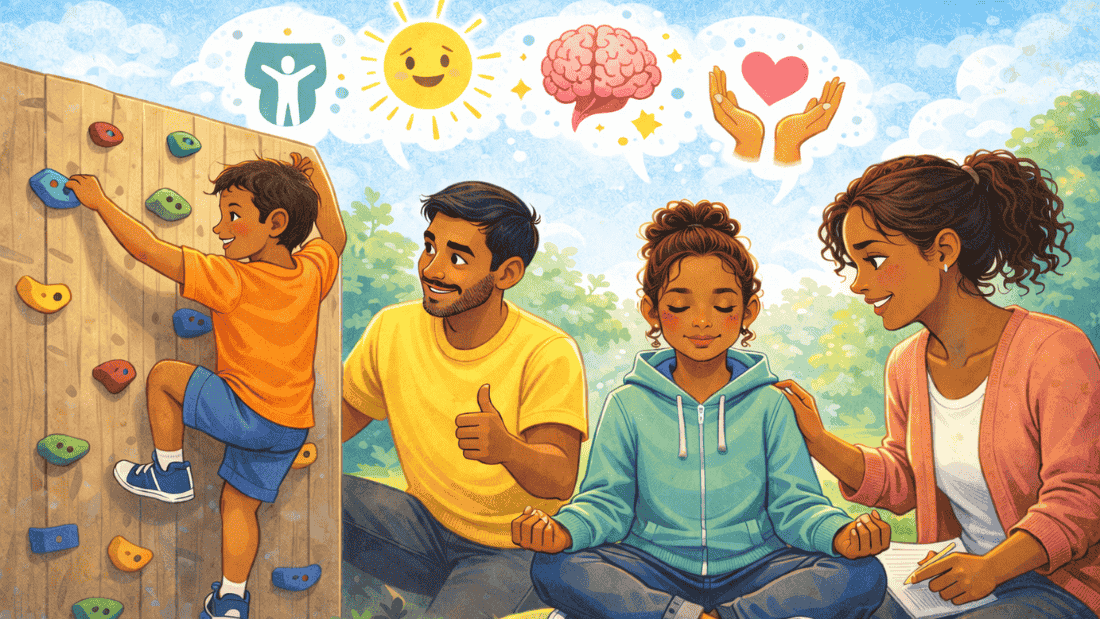Teenagers naturally care about peer acceptance. But when fear of embarrassment or judgment becomes intense and persistent, it may signal social anxiety disorder.
Social anxiety in teens is one of the most common, and most misunderstood, adolescent mental health conditions.
Signs of Social Anxiety in Adolescents
- Avoiding social gatherings
- Refusing to present in class
- Intense fear of being watched or judged
- Physical symptoms (sweating, shaking, nausea)
- Overanalyzing conversations afterward
- Spending most time alone
Why Social Anxiety Is Often Missed
Teens may appear:
- Quiet
- Introverted
- “Shy”
But internally, they may feel intense panic or dread.
How Parents Can Support a Teen With Social Anxiety
- Avoid labeling them as shy
- Encourage gradual exposure
- Validate feelings without enabling avoidance
- Model confident social behavior
- Seek professional guidance if avoidance increases
Child psychiatrists can assess for social anxiety disorder and provide therapy, coping strategies, and medication support when needed.
Social anxiety is not a personality trait – it’s treatable. With the right support, teens can build confidence and meaningful peer connections.










